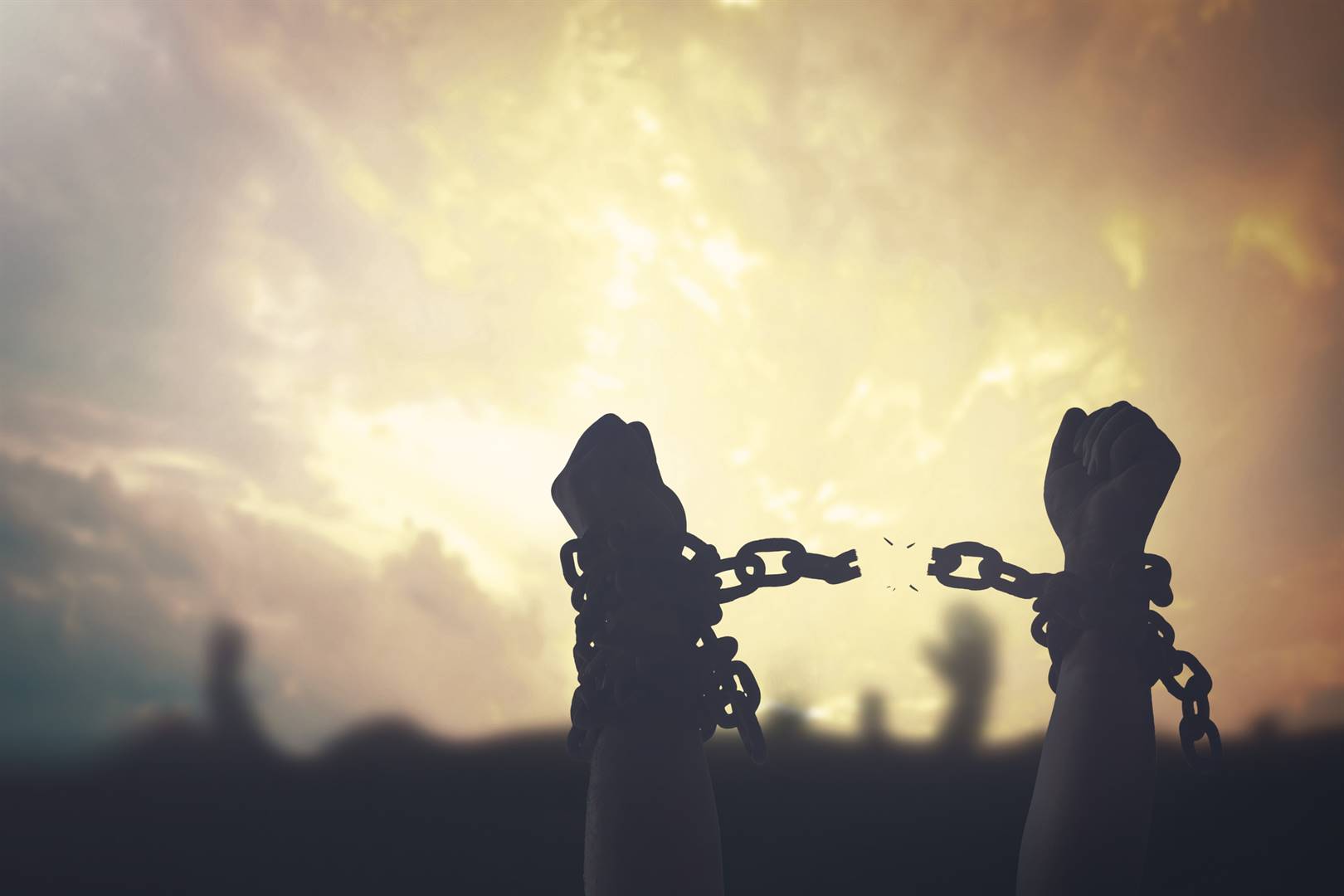
Most people say they want freedom, but what do they mean by that word?
It differs from person to person.
Some people believe freedom means that they and their property are safe, and they can go about their lives without anybody threatening them or interfering with their lives.
To others it means that they have the freedom to take other people’s property and interfere in their lives.
Along with the meaning of freedom, government leaders have different ways of viewing the world and how they approach the governing of their countries is influenced by these world views.
Some governments believe that they have the duty and the right to direct and control the lives of citizens.
They refuse to recognise that their citizens have a much better idea of what is good for them than the government could ever have.
The best governments regard themselves as the servants of the people and see their task as being to create an environment in which people have the greatest opportunity to improve their own lives.
Perhaps counter-intuitively, governments, generally, can do more for the citizens of their countries by doing less.
The best governments are those that interfere least in the peaceful activities of their citizens.
They concentrate on keeping the people and their property safe from crime and violence and do not themselves violate the rights and lives of citizens.
Read: 25 years of democracy: What freedom means to me
Attempts are made to measure the efficacy of governments. Two such research projects are the Index of Economic Freedom published by the Wall Street Journal and the Heritage Foundation, USA, and Economic Freedom of the World (EFW) published annually by the Fraser Institute, Canada, in cooperation with the Economic Freedom Network.
They are the best known international measures of economic freedom and freedom generally.
Nations in the top quartile (countries being listed according to their levels of economic freedom in the EFW index and then grouped into quarters from the most free down to the least free) had an average per-capita GDP of $40 376 in 2016 (PPP GDP is gross domestic product converted to international dollars using purchasing power parity), compared with $5 649 for those nations in the bottom quartile.
The third quartile, which had an average GDP of $11 465, included South Africa at $13 526.
In the world’s freest countries, the poorest 10% of the population earned an average of $10 660 a year.
Contrary to popular belief, the poor get richer fastest in economically free countries.
People in the most-free countries also report a much higher level of life satisfaction of 7.5 out of 10 as opposed to people in the least free economies who report a life satisfaction of 4.7 out of 10.
Without voluntary exchange and entrepreneurial activity coordinated through markets, modern living standards would be impossible.
A trend towards greater economic freedom results in increased economic growth while the reverse trend reduces growth.
The world’s most successful countries have high and stable economic growth and sound legal systems.
The people living in such countries enjoy greater personal security and more secure property rights.
They have the benefit of sound money, which means that its purchasing power is not constantly declining relative to other currencies.
Sadly, South Africa is no longer such a country. In 2000, South Africa had the 46th freest economy in the world but it steadily declined to 110th in 2016. The country and its people have become poorer and the consequences are visible for all to see.
Unemployment has increased exponentially to a shocking 9.994 million people, according to the Statistics South Africa first quarter labour survey.
Citizens of economically free countries enjoy freedom to trade, low rates of unemployment, minimum levels of crime and violence, an absence of poverty, high average incomes, low taxes, open opportunity, political and civil liberties, and peace.
Without fail, the countries that rank highest for providing their citizens with these desirable conditions also rank highest on the indices of economic freedom.
Building a successful, wealthy, and peaceful nation requires patience, courage, tenacity, and, above all, policies based on well-founded and proven fundamental principles of law and economics.
There must be a rapidly growing, innovative, private sector and a shrinking role for government in the generation and delivery of goods and services.
South Africa’s new government’s efforts should be dedicated to ensuring that protection of the lives and property of the people is carried out effectively, impartially and efficiently.
Parliament, in turn, should concentrate on continually assessing the relevance and constitutionality of the body of laws and regulations on the statute books.
For South Africa’s laws and regulations to be constitutional, they must, in all respects, be consistent with the tenets of the rule of law.
An examination and cleansing of current legislation and regulation by removal of all provisions that conflict with the Constitution and the rule of law, would go a long way towards solving some of the country’s most serious economic and political problems.
Above all, the government has a duty to its citizens to govern wisely and well, which means respecting and abiding by the values listed in the founding provisions of the Constitution:
• Human dignity, the achievement of equality, and the advancement of human rights and freedoms;
• Non-racialism and non-sexism; and
• Supremacy of the Constitution and the rule of law. Respect for these provisions will bring about peace, prosperity, high growth and low unemployment.
Eustace Davie is a director at the Free Market Foundation




 Publications
Publications
 Partners
Partners








